Specifically, some goods will not be subject to reciprocal tariffs. These include: items subject to tariffs under other executive orders (50 USC 1702(b); steel/aluminum and auto/auto parts items already subject to tariffs under other regulations; copper, pharmaceuticals, semiconductors, and lumber; all items that may be subject to tariffs in the future; gold bullion; energy, and certain other minerals not available in the United States.
The International Emergency Economic Powers Act of 1977 (IEEPA) is intended to address national emergencies caused by trade deficits. According to the announcement, the April 2 IEEPA order also includes amended authority, allowing President Donald Trump to increase tariffs if trading partners retaliate or reduce tariffs if trading partners take significant steps to correct non-reciprocal trade agreements and align with the United States on economic and national security issues.
Many groups of goods are not subject to countervailing tax this period.
PHOTO: NGOC THANG
Currently, the average import tax rate that the US is applying to Vietnamese goods is as follows: Machinery, equipment, television equipment... 2%; wooden furniture, beds, mattresses... 18%; footwear 22%; clothing and accessories, knitted or crocheted 20%; toys 13%; plastic and plastic products 5%; rubber and rubber products 7%; leather goods, belts, handbags 24%; means of transport from locomotives, railway cars, trams, accessories... 31%.
In the Southeast Asia region, in addition to Vietnam being subject to a 46% reciprocal tax on 90% of the total volume of goods imported from Vietnam (46%, 90%), Thailand is subject to a 36% tax on 72% of the total volume of goods, followed by Indonesia (32%, 64%), Malaysia (24%, 47%), Philippines (17%, 34%), Singapore (10%, 10%).
In the list of countries and economies subject to this tax, notable are China (34%, 67%), the European Union (20%, 39%), Sri Lanka (44%, 88%), Bangladesh (37%, 74%), Taiwan (32%, 64%), Switzerland (31%, 61%), South Africa (30%, 60%), Pakistan (29%, 58%), India (26%, 52%), South Korea (25%, 50%), Japan (24%, 46%), Israel (17%, 33%).
Thanhnien.vn
Source: https://thanhnien.vn/nhung-hang-hoa-nao-cua-viet-nam-khong-bi-ap-thue-doi-ung-185250403090953333.htm


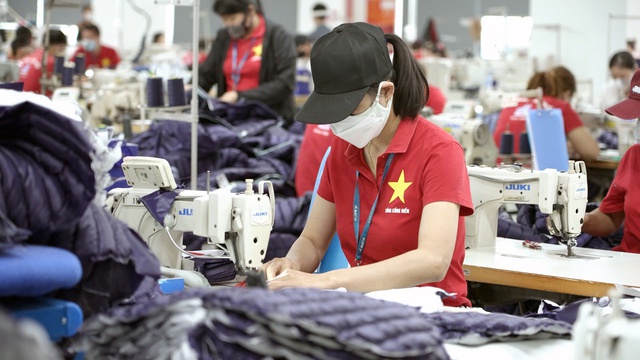
![[Photo] Prime Minister Pham Minh Chinh meets with representatives of outstanding teachers](https://vphoto.vietnam.vn/thumb/1200x675/vietnam/resource/IMAGE/2025/11/15/1763215934276_dsc-0578-jpg.webp)
![[Photo] Panorama of the 2025 Community Action Awards Final Round](https://vphoto.vietnam.vn/thumb/1200x675/vietnam/resource/IMAGE/2025/11/15/1763206932975_chi-7868-jpg.webp)



![[Photo] General Secretary To Lam receives Vice President of Luxshare-ICT Group (China)](https://vphoto.vietnam.vn/thumb/1200x675/vietnam/resource/IMAGE/2025/11/15/1763211137119_a1-bnd-7809-8939-jpg.webp)




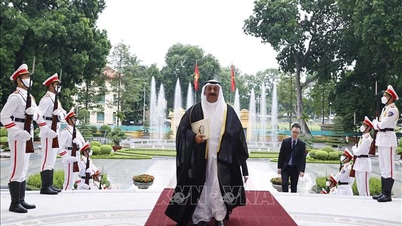





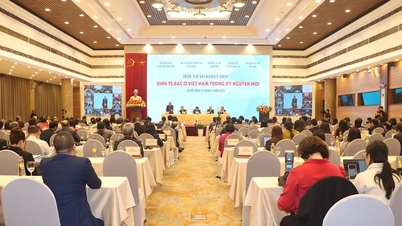

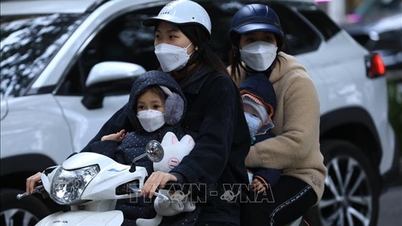
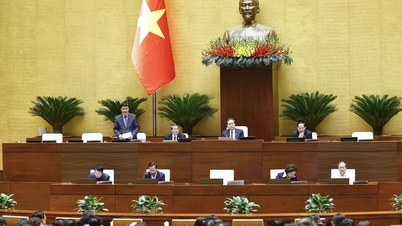

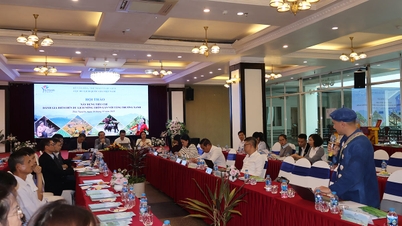








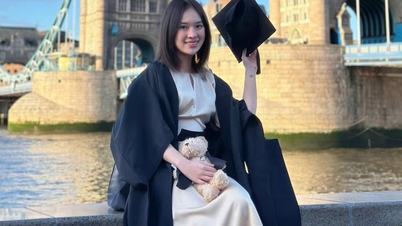
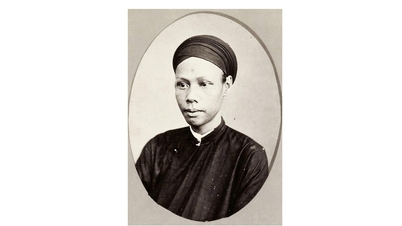

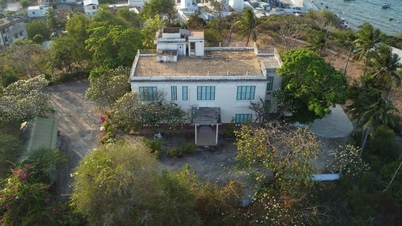
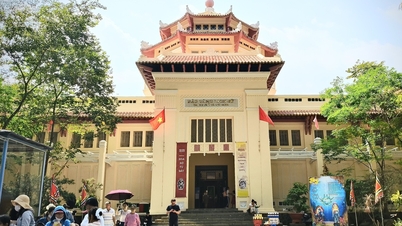



































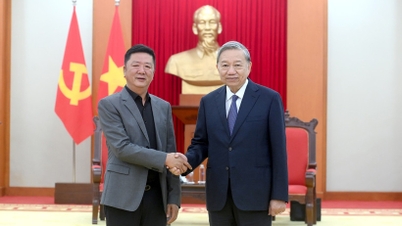

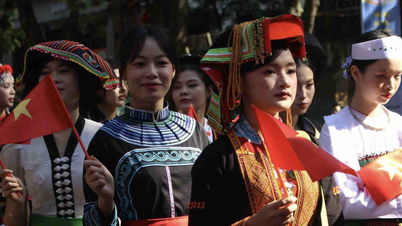



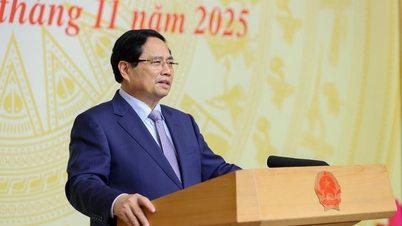
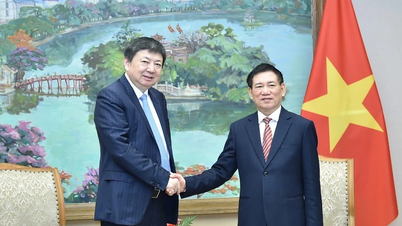





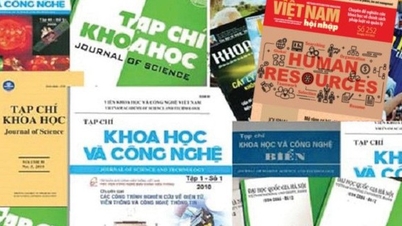
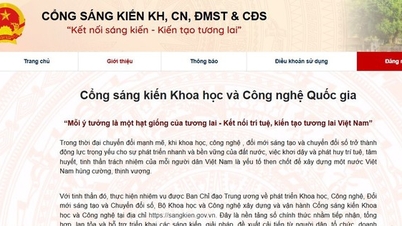




















Comment (0)